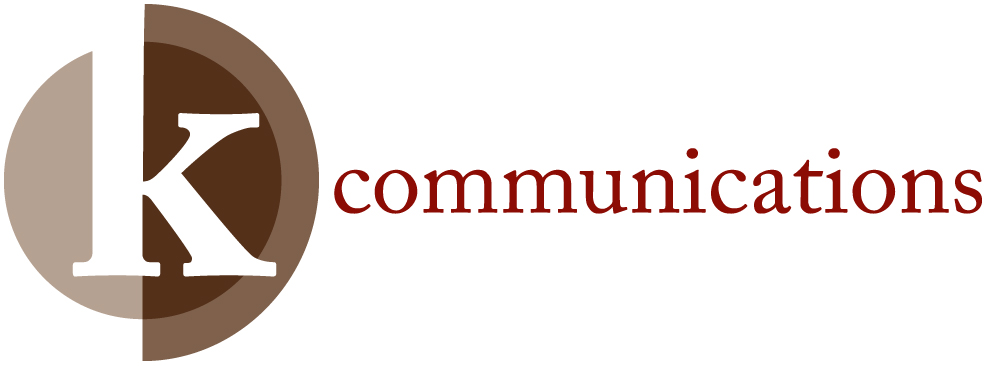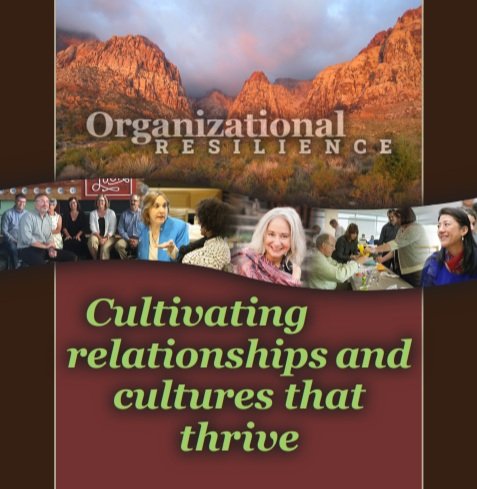It's not my job ... or is it?
/The phrase “not my job”, has long been a pet peeve of mine. I remember early in my career when I was the marketing director for a general contractor. It was bid day and a bit tense around the office. I was retrieving my mail from the front desk when I overheard the project manager responsible for the bid inform the controller that the fax machine wasn’t working (Back then, that was how we received subcontractor bids). She shrugged her shoulders and blandly responded, “That’s not my job.”
My younger self was not so skilled in the art of communications and I am pretty sure I snapped at her, declaring something like, “I don’t care if the estimating team needs a $%@ cup of coffee, it’s our job to support them on bid day”.
No doubt the “not my job” mentality bristles against my predisposition for helpfulness and my Midwestern work ethic. I also worry that it can also rob people of the camaraderie experienced when there is an “all-hands-on-deck” task to execute. Doing what it takes to get the job done and having each other’s backs have been the epitome of teamwork for me. As someone who hasn’t always been great at asking for help, a culture that promotes lending a hand also makes it easier to ask for and accept support.
I realize the annoyance for me is more about the attitude I perceive behind it. The reality is that it’s more complicated than that. There are ways in which the “not my job” mantra can be invoked, in a professional manner, for smart operational management – bringing clarity and accountability to roles, responsibilities, and workflows. There are times when “not my job” provides a reality check on an organization’s true resource capacity. (When we stretch ourselves too thin, upper management just sees work getting accomplished and may not see the labor it is taking to get there).
Having worked with hundreds of organizations navigating growth and change, I have witnessed how muddied roles and responsibilities can get and how quickly communication breaks down.
Confusion in roles and responsibilities can plant the seeds for frustration and resentment – and often precipitate a decline in productivity and quality.
Expectations + Accountability + Firefighting
People want to understand what is expected of them and for what they will be held accountable. If it falls outside of their domain, they can still contribute on occasion, but it is not a regular ask.
If someone tries to delegate an undesirable task that is theirs, it might be appropriate to redirect their efforts. A classic example I see is when a manager identifies an employee who needs a performance improvement plan (PIP). Oftentimes, that manager informs the employee that Human Resources will be putting them on a PIP. HR is your business partner, there to guide and support you, but it is not their job to manage the employee. You can’t delegate a relationship!
If your organization is experiencing daily firefighting, it is worth examining how clear people’s authority is in their role and how well known and followed are the procedures and protocols? Ironically, it is often in slowing down that you can begin to catch up. #GoSlowToGoFast
Ownership and Boundaries
It’s healthy to own our role and be accountable for our work. It can be inspiring to tackle tasks that are not in our lane, but that build our knowledge and skills – and our empathy and understanding of how the broader organization functions. It can fuel our creativity to help a colleague navigate a challenging problem. Lending support can foster a more resilient work community. (Note: I recommend thoughtfulness when embarking on something not in one’s lane as it can be perceived as interfering, controlling, and/or untrusting).
It’s unhealthy when we say “yes” when we need to say “no”. We can feel overworked, underappreciated, and overwhelmed. Consistently overcommitting (no boundaries) deteriorates trust and leads to burnout.
If we don’t have boundaries for our workload, our own work may suffer, and we may be masking underlying organizational ailments. Is the organization under resourced? Is it tolerating vague, haphazard, and unpredictable workflows? Is it asking people to do work that they are ill-equipped to execute? Is it ignoring poor performance by having top performers pick up the slack?
Sometimes saying “Let me help you with that” is the right offer at the right time. Sometimes, a boundary is exactly the right response.
You may come up against requests of you that are legitimately not your job and require conversations to navigate. Consider it your job to speak up, to articulate your needs, your capacity, be your own advocate, redirect a request, be a team player, and contribute to problem solving.
For example, I’m afraid I don’t know anything about the fax machines, that’s Terry’s expertise. Let me bring her into this conversation. Or “Actually, as your HR Business Partner, I don’t manage the Performance Improvement Plan. I can however coach you through the process so you can mentor your team member.”
Helping our colleagues can be an immensely satisfying experience. When we share a common goal and have our fingerprints on the work, we get to celebrate in the collective wins. It can foster a sense of being needed, appreciated, and belonging. If we are regularly asked to do more than our fair share, it can feel exhausting and generate feelings of being taken for granted.
Healthy boundaries at work can keep us from getting into unhealthy dynamics. What can you own as your job?



